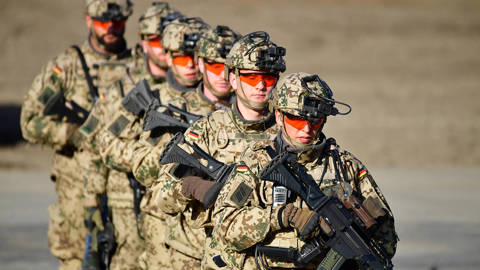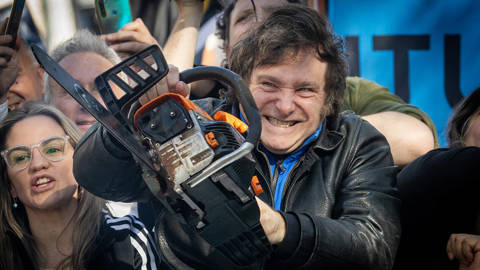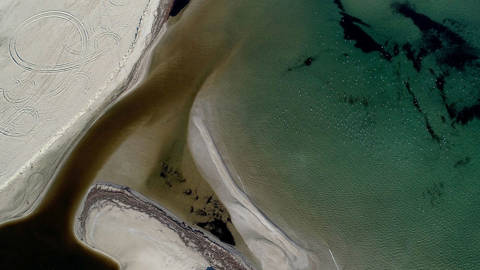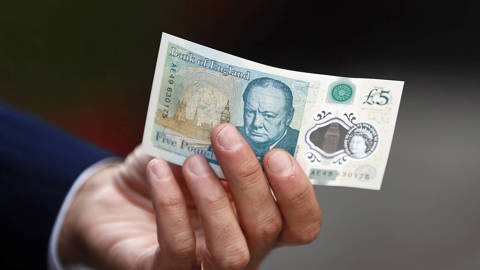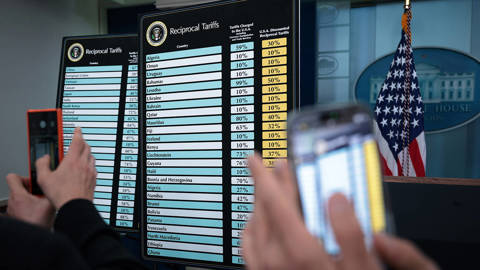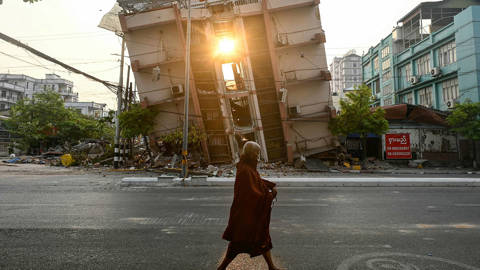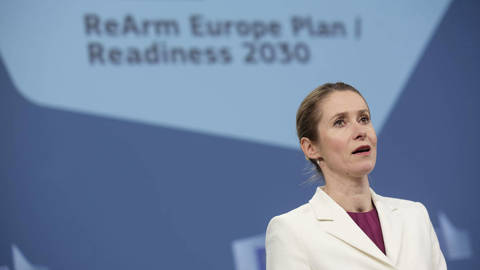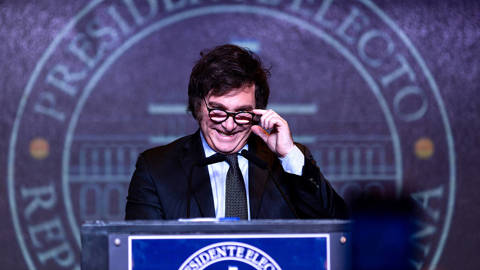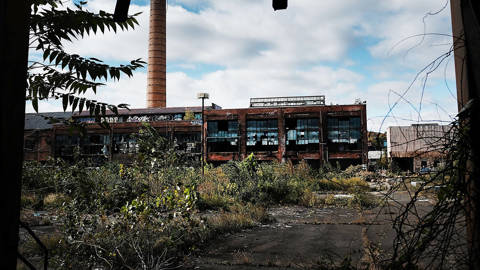Devesh Kapur
Devesh Kapur, Professor of South Asian Studies at Johns Hopkins University’s Paul H. Nitze School of Advanced International Studies, is the co-author of The World Bank: Its First Half Century.
-
The Absent Voices of Development Economics
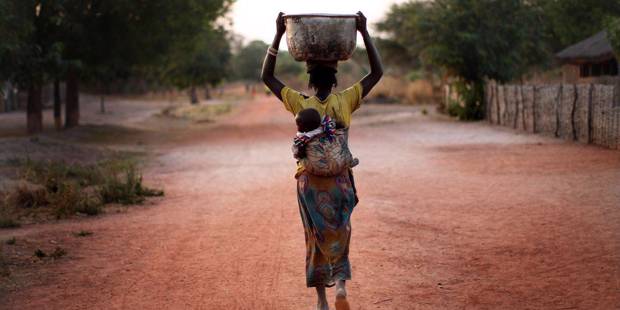
The Absent Voices of Development Economics
Mar 26, 2021 Arvind Subramanian & Devesh Kapur show how randomized controlled trials are amplifying the Global South’s underrepresentation in the field.
-
The Crisis India Needed
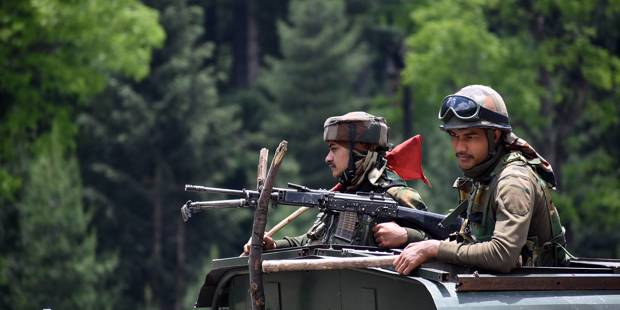
The Crisis India Needed
Jul 6, 2020 Devesh Kapur thinks China’s recent aggression will force Narendra Modi’s government to launch long-overdue reforms.
-
What Next for the Bretton Woods Twins?
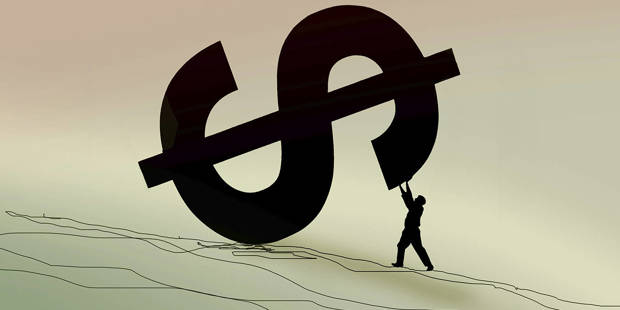
What Next for the Bretton Woods Twins?
Oct 18, 2019 Devesh Kapur traces the divergent paths of the International Monetary Fund and the World Bank since their founding.
-
Can the World Bank Redeem Itself?
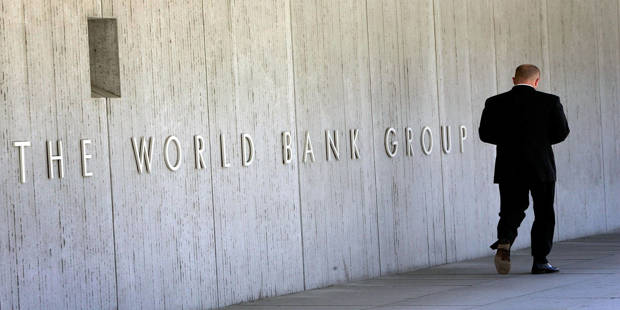
Can the World Bank Redeem Itself?
Dec 3, 2018 Devesh Kapur & Arvind Subramanian identify three intellectual sins of omission that have undermined the organization's impact and credibility.
-
Asia’s Hierarchies of Humiliation
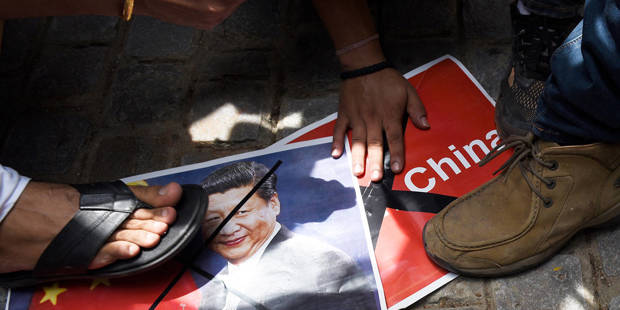
Asia’s Hierarchies of Humiliation
Jul 12, 2017 Devesh Kapur worries that, at a time of rising nationalism, simmering historical anger will boil over.
